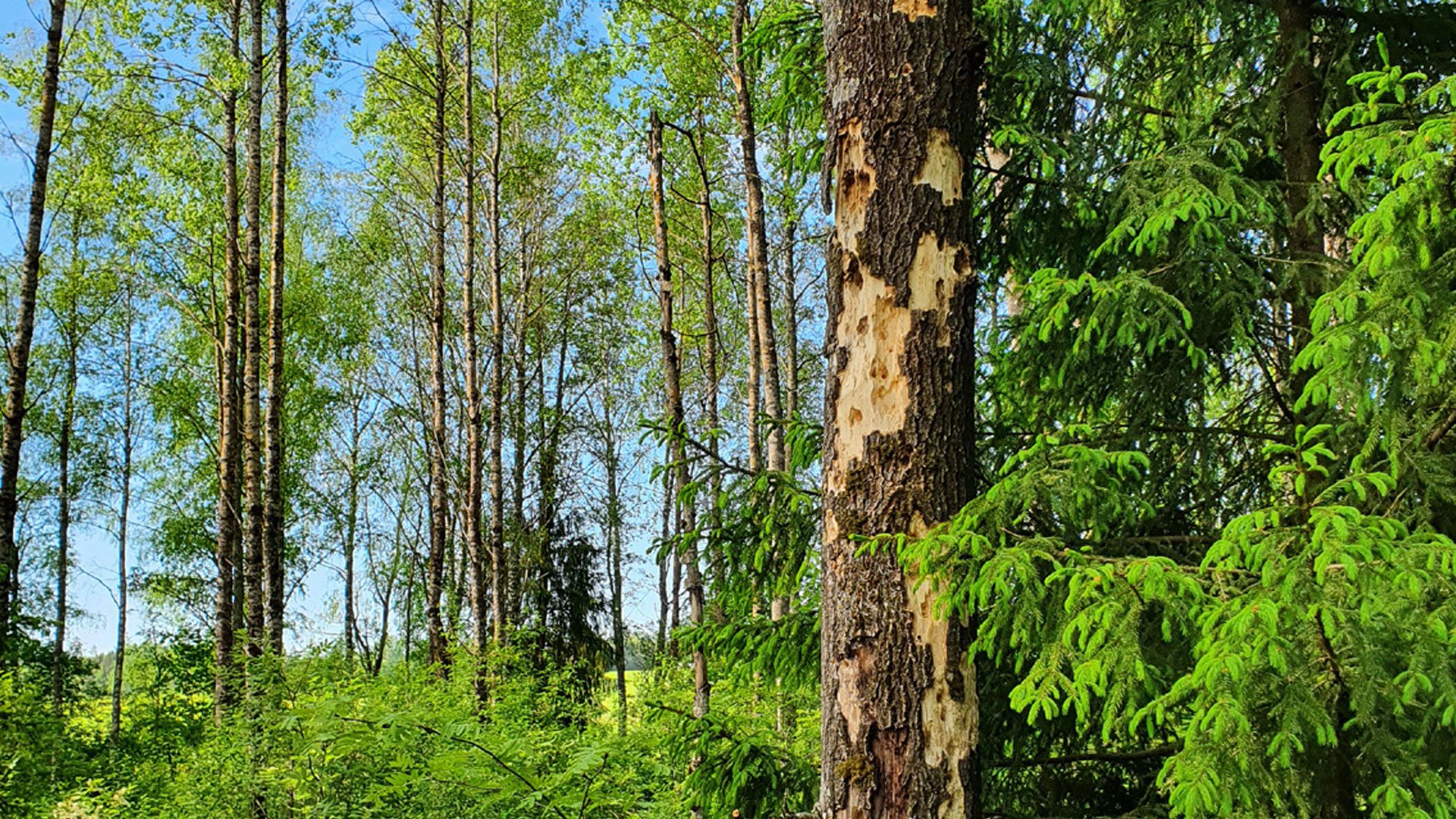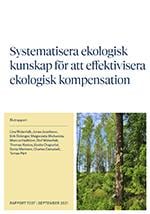Systematize ecological knowledge to improve the application of ecological compensation

About this report
Ecological compensation has been proposed as an important tool for stopping the loss of biodiversity and natural values, a loss that is largely due to human exploitation of an increasing part of the earth’s surface. There is uncertainty about how ecological compensation is implemented and how it should be designed to be an effective way of performing nature conservation. Even though ecological compensation has existed as part of Swedish legislation since the end of the 1990’s, it has so far not been used to a greater extent in Sweden. Careful evaluations of ecological compensation have only been made in isolated cases. Therefore, there are large knowledge gaps regarding its application and effect in large parts of the world, as well as for many habitats and types of compensatory measures.
The overall purpose of this project was to produce guidance to improve the application of ecological compensation in Sweden. This was done by synthesizing available knowledge about the effectiveness of various nature conservation measures, and by evaluating how ecological compensation is applied in Sweden today to identify obstacles to optimal implementation. We used interviews and a workshop to investigate how the work with ecological compensation is carried out and what challenges exist in Sweden today. We have also carried out systematic reviews and meta-analysis to evaluate the existing scientific literature that evaluates nature conservation restoration measures in terrestrial habitats in parts of the world with a climate like that in Sweden.
